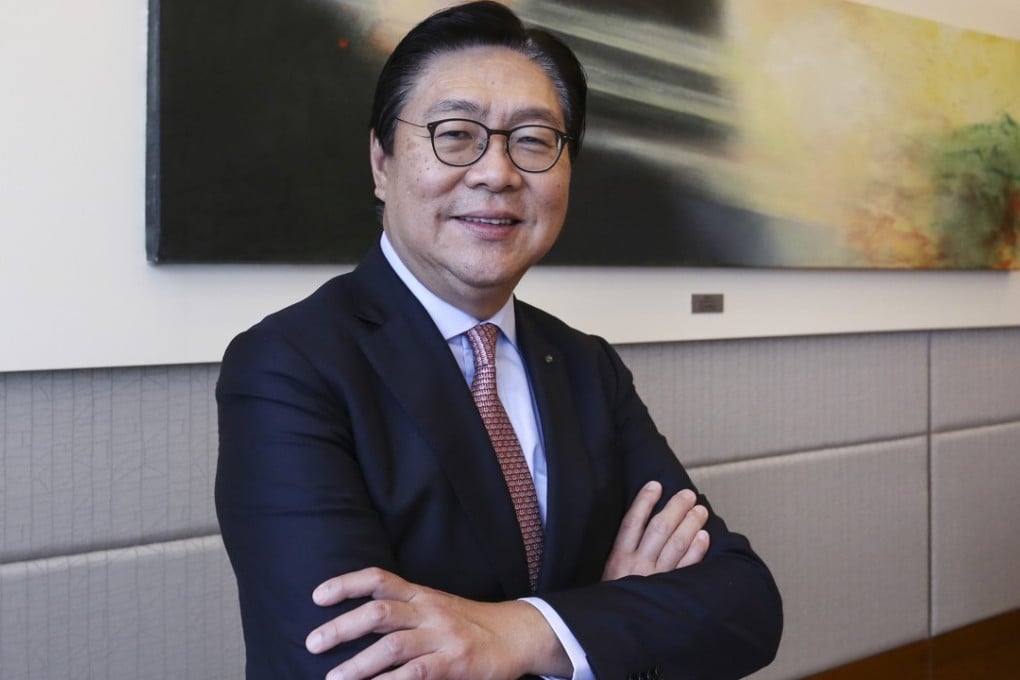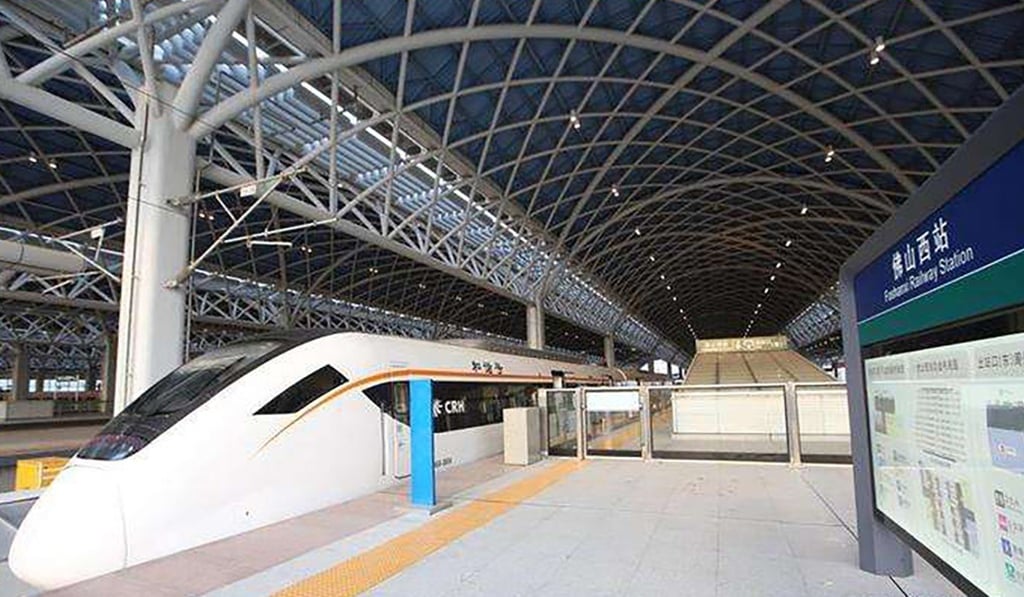Exclusive | MTR chief Frederick Ma unveils proposals to help solve Hong Kong’s housing crisis
Ma casts aside suggestions of a conflict of interest as he pitches rail extension to Kwai Tsing and the creation of a ‘Hong Kong Town’ on the mainland as solutions to the city’s land shortage

The MTR Corporation can help resolve Hong Kong’s housing shortage by providing an easier commute to container terminals in Kwai Tsing and building a “Hong Kong Town” on the mainland, the railway giant chief told the Post.
Frederick Ma Si-hang said a rail extension could be considered to link up the container terminals and Nam Cheong or Mei Foo to improve its accessibility, if the government agrees building homes above the terminals is a solution.
A home above a container terminal? Hong Kong public consultation to start on land supply options
He also revealed that the corporation had already started discussion with its mainland counterpart, the state-run China Railway Corp, to explore the feasibility to identify land in Nansha and Foshan to build a “Hong Kong Town”, where much cheaper flats and quality health care facilities would be provided to young people and retirees from Hong Kong through high speed rail.

“The housing issue in Hong Kong has become a social issue ... The land options proposed by the task force involves complicated issues that they would take a long time, like 10 years to get the land ready,” Ma said on Monday, as he brushed aside suggestions that linking the terminal and an existing station might create a conflict of interest.
Ma, as the MTR Corp chairman, also serves as a non-executive director for Husky Energy, a Canada-based energy giant controlled by tycoon Li Ka-shing’s family, who also operates four of the nine terminals in Kwai Tsing.